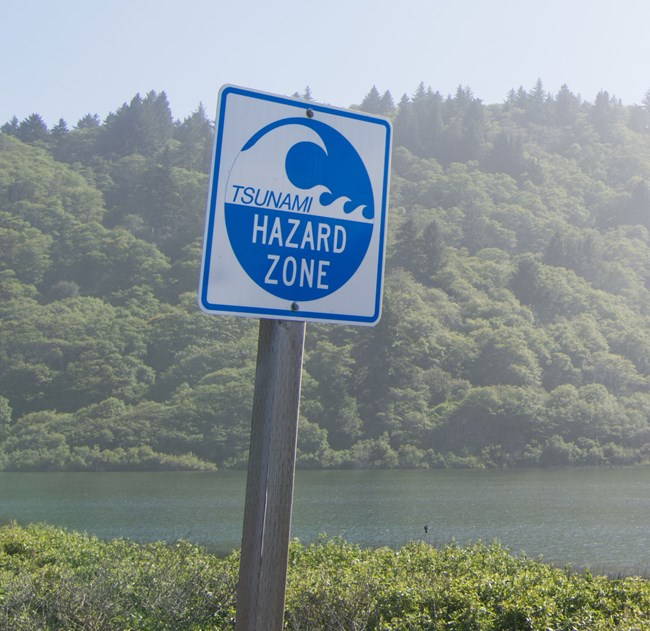February 25, 2020
This is a topic worse than politics or religion.
It is a topic that many actively address daily by way of status updates on Facebook, but posting and commenting are not going to change the urgency. This is not a topic to debate. It is a crisis to avoid.
My oldest son was diagnosed with autism June, 1994. I immediately feared for his future. I was asked to leave a library one day as I was researching autism because my son could not be calm nor quiet. There was no internet then.

Fast forward to the world of the interwebs: Now we can post on Facebook, tweet, private message, text, call, and chat. For some parents and care providers for autism that can be their only almost-human interaction daily. For many, it is their only means of venting frustrations and fears.
Severe autism can be very isolating. I learned that first-hand starting four years ago. Let’s just refer to that time as my advanced degree work in Autism Grad School. The first course that was selected for me was entitled “When Autism Is Fueled by the Individual’s Declining Health.” Few people in the world understand it. I am not sure as a mother and a care provider that I can ever relay the nightmare it was at moments. I was scared. Hell, I am still scared to even tell the tale of just how rough more than one day was. Those days were not just rough for my son, they were rough on his family and his neighbors as well.
The reason I am sharing this story is that I have seen so many articles and comments in the last few weeks about the lack of available care, the lack of help, the abuse that happens in the “system,” the lack of a system altogether, and an autistic person who was jailed because there was no placement for him.
I could go on and on and on.
I see the sentiment that “I can never die because who would care for my child”everywhere.
I have lost autism mom friends due to natural and unnatural causes. None of us are going to live forever.
Yes, some of our children have recovered, but the majority have not. This is not the tale of cute, quirky little kids that grow up to become functioning adults.
If we do not talk about productive and meaningful ways to start now to fix this, where will your child be?
I am not in denial that abuse can happen in any possible setting. My son is placed. Would anyone like to guess what might be the biggest thing I think about daily?
This may sound cold, but here it comes:
Posting about it—the fear, the lack of care, the inappropriate placements, the abuse in homes, both private and institutional—has changed not one damn thing.
Your post was a message in a bottle that never floated to a solution. It’s a message in a bottle, circling a whirlpool in the ocean, directly followed by the post behind it.

The Great Wave off Kanagawa, by Katsushika Hokusai
“They say” that autism has always been here, just called something else. What a lie that is. If it were true, we would have resources and housing available.
My son was only able to receive his placement due to all his other medical diagnoses. Ohio as a state has emergency waiver placement for some counties now. And even that admission still took months. If it took months to locate a spot for the person who was born when autism was one in every 2,500 . . . do the math for the tsunami of young adults to come.
It is a scary topic, so scary that the Arc built one prototype place in Jacksonville, FL years ago that the federal government said was too restrictive.
Autism Speaks had something in the works. Do any of us believe that they will build a significant number of units with the four percent of contributions they give back to the community? Right, sure.
So I am lovingly asking how we can fix this crisis. Living forever is not an option.
How. Do. We. Fix. It?
Much like the mother who experienced the “rare” vaccine injury to her infant and then went on to warn other parents, I am now a generation deeper into this battle and I am the mom telling you that we need to find solutions now. If some parents are now driving hours to see their child (if they are lucky enough to find a placement in the first place), where will your child be if we do not start addressing all the above-stated issues?
I knew and believed that my oldest would live with me for forever. Having to place him was the worst moment of my life. There, I said it. But I found him a place we could live with. I have watched many other parents have no choices. Placement is not one-size-fits-all. For some it will never be an option. But what are we going to do for those for whom it is the only option?
Will the autism community continue to scare each other daily, continue to fight over the causes, and continue debating legislation, while our own children end up homeless?
Currently, about 1% of the world population has autism spectrum disorder. Autism is the fastest-rising serious developmental disability. Prevalence of autism increased 119.4% from 1 in 150 12-year-olds in 2002 to 1 in 68 in 2016. As of 2013, more than 3.5 million Americans live with autism spectrum disorder. In 2018 the CDC estimated that 1 in 59 12-year-olds had autism, but a 2016 survey indicated that the true rate may be closer to 1 in 36 children. That’s nearly 3% of the child population, with no end in sight.
~ C. J. Fruscella

















The fear, “I can never die because who would care for my child”
The answer, to build community with autistic individuals.
No one understands Autism like an Autistic adult, yet most “moms” here perpetually oppose, resist and otherwise avoid or reject the involvement of adult Autistics in their conversation. To many of us Autistics, pages like this one are more of a problem than a solution. I have seen all the explanations for the exclusive mom’s-only cult here like, you are high functioning, you are able… , and more, but Autism is Autism, a very unique processing mode that none of you neuro-typicals can imagine.
We understand what you call “severe Autism” because we all go there. The primary difference between us and your more needy children is we have the ability to leave that helpless internal place and visit your world. We have insights, information and some answers, but the kind of Munchausen mindset that feels, ““I can never die because who would care for my child” separates you and your children, who will become adults like us, from our contributions.
You all have painted yourselves into a most dysfunctional corner.
The reality is that people like you DO NOT understand our children. You might think you understand all autism because you’re on the spectrum, but you don’t. And the majority of you wouldn’t be able to handle our kids either. What most of you DO is fight us at every turn because you think we’re attacking you. Your life has zero bearing on the decisions I make for my child. I don’t want anything from you and I certainly don’t want to change your life, so leave us alone.
Bob: It’s not about whether you understand autism. My child is not autism. He has autism. He is an artist who draws mythical creatures. He will cross a room to hold a door open for a stranger. He likes his bacon crisp and his eggs cooked through. He loves puppies and kittens and cuddling with our dogs. He is the best person I know. He is naive and can easily be taken advantage of. He is my son and I love him and know him as no one else could. He is an individual, not a label, and deserves to be cared for by someone who knows him and loves him. That’s why I want to live forever.
@Bob -
You say autistic adults understand autism better than anyone else? Then why don’t the neurodiverse offer hands-on, in-home practical help to parents of children with severe autism? I have yet to meet even one high functioning adult with autism who wants to spend any time whatsoever with my son. All I ever hear is the neurodiverse criticizing parents. Guess what - criticism doesn’t change things. Help does.
Amy Lutz wrote an article for Psychology Today, https://www.psychologytoday.com/us/blog/inspectrum/201907/when-john-met-jonah. Read it and you’ll see that John Elder Robison, a major voice in the neurodiversity movement, found that he had no insights to offer about her severely autistic son.
I tried many times to reach out to Autismone to talk about the microboard model. I also reached out to TACA. They were not interested. The microboard model is not perfect but it is based on love and respect and alot of work. It isnt for everyone but it is for some of us. I’m happy to help. Our son has a microboard. It isnt perfect. It ebbs and flows. He has people who know him and care about him. The more people who know you, the safer you are.
Here in the UK I managed after much perseverance to get a council house for my oldest son ( I have 2 sons with severe autism aged 19 and 30) and now provide his care and support using something called Self Directed Support. This is a monthly payment from our local council which enables parents/carers effectively to become employers and take on responsibility for employing our own members of staff using the services of a payroll company and obviously being covered by the necessary liability insurance. So far this has worked fairly well for us and we currently employ 14 members of staff who provide 24 hr support on a rota system to my son enabling him to live in his own home. It means we also have some form of influence and control over what happens in our son’s care and support. It doesn’t take away our fear for our son’s future but for the moment we are seeing a big change for the better in his quality of life. I don’t know if you have anything similar in the USA.?
Thank you for this post. I am one of those parents who is trying to live forever. My older neurotypical son is an aide in a residential care facility for adults on the spectrum who can’t live independently. It’s 1:1 care at night, 3:2 care during the day. Rotating 8-12-hour shifts. The organization has a few group homes like this (if two residents makes a “group”). The organization is funded partially by the state, maybe fully. It seems like a well run place. But I’ve been trying to get face time with the leadership because two friends have a need for placement. And I keep getting put off. I will keep trying.
Me too